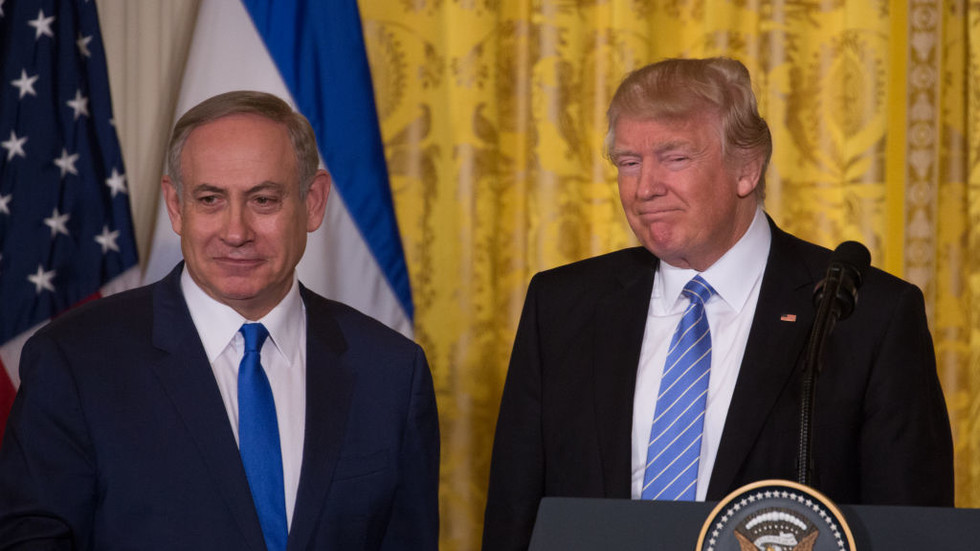Donald Trump’s election victory again as President of the United States signifies a transformative period for both American domestic politics and international relations. This election served as a reflection of deep societal divisions within the U.S. and a desire for political upheaval beyond conventional norms. Voter sentiment indicated a rejection of traditional political apparatus, choosing instead a leader with a commitment to fundamentally altering America’s global approach. As such, the implications of Trump’s return resonate worldwide, influencing conflicts and affairs in regions ranging from the Middle East to Eastern Europe. Observers globally recognized that the shifts in U.S. leadership would play a crucial role in ongoing geopolitical dynamics, particularly in cases involving military cooperation and international alliances amidst a perceived decline in American hegemony.
Domestically, Trump’s first term had emphasized a return to core American values and a robust “America First” ideology, which centered around enhancing national economic prosperity and securing borders by implementing stringent immigration policies. In international matters, he adopted a confrontational stance toward international coalitions like NATO, promoting a reevaluation of commitments and advocating for a firm protectorate of American interests. As Trump prepares for a potential second term, stakeholders in the Middle East are contemplating the ramifications of his return, particularly regarding Israel—a nation that thrived under Trump’s previous policies characterized by strong support and assertive diplomatic maneuvers. Israel’s leadership is poised to receive Trump’s renewed backing, viewing his presidency as a key opportunity to solidify regional alliances against adversarial influences, particularly from Iran.
Trump’s inaugural time in office saw significant diplomatic milestones for Israel, including the recognition of Jerusalem as its capital and the endorsement of the Golan Heights’ annexation. Such moves alleviated domestic pressures on Netanyahu’s government and opened pathways for new economic partnerships through initiatives like the Abraham Accords. The contemporary Israeli administration perceives Trump’s return as a lifeline that would enhance its security, particularly amid persistent tensions with entities like Hamas and Hezbollah. Conversely, leaders in other Middle Eastern nations, such as Saudi Arabia and the UAE, await a Trump presidency with optimism, expecting a pragmatically aligned approach that eschews the more human rights-centric policies espoused by his predecessor, President Biden. They anticipate a reassertion of mutual interests based on economics and security cooperation instead.
Meanwhile, the reverberations of Trump’s renewed presidency create unease in regions like Iran and Qatar. Iran’s government, which hoped for warmer relations under a Democratic-led U.S., anticipates that Trump’s return will exacerbate tensions, partly due to his historical antagonism exemplified by his withdrawal from the Iran nuclear deal and subsequent imposition of economic sanctions. Tehran fears increased military and intelligence support for Israel could embolden it to take aggressive action against Iranian interests in the region. For Qatar, the potential for renewed isolation stemming from Trump’s past support of regional adversaries looms large, prompting a call for a more balanced U.S. diplomatic stance that fosters regional stability and cooperation.
Trump’s foreign policy in a second term may continue to reflect his prior prioritization of Israel and a hardline stance towards Iran, likely manifesting as a reinvigorated ‘maximum pressure’ campaign alongside military cooperation with allies in the region. Economic and defense partnerships, particularly with Saudi Arabia and the UAE, will arguably dominate the agenda, focusing on arms deals and strategic military alliances to counteract Iranian influence. Additionally, Trump might channel efforts into cultivating diplomatic relationships with moderate Arab states, aiming to replicate previous successes such as the Abraham Accords, thereby fostering a coalition dedicated to conserving regional stability while diminishing Iranian power.
However, the complexities of regional geopolitics mean that Trump’s plans may also result in renewed volatility. Iran’s response to heightened sanctions and intensified military cooperation among U.S. allies could trigger heightened clashes, particularly through its influence in hotspots like Yemen and Syria. Tensions may escalate further as Turkey navigates its objectives amid the changing U.S. relationships with Gulf states, leading to potential friction between Trump’s allied nations. Overall, Trump’s anticipated foreign policy may center around solidifying alliances premised on mutually beneficial economic and security interests while navigating the intricacies of regional pressures that could challenge the stability he aims to foster. His engagements with key leaders like Netanyahu, Mohammed bin Salman, and Erdogan are expected to guide a balanced approach that prioritizes pragmatic engagement over traditional diplomatic ties, underscoring a strategy aimed at regional stabilization aligned with American interests.

